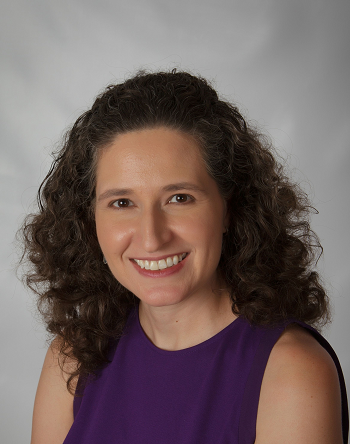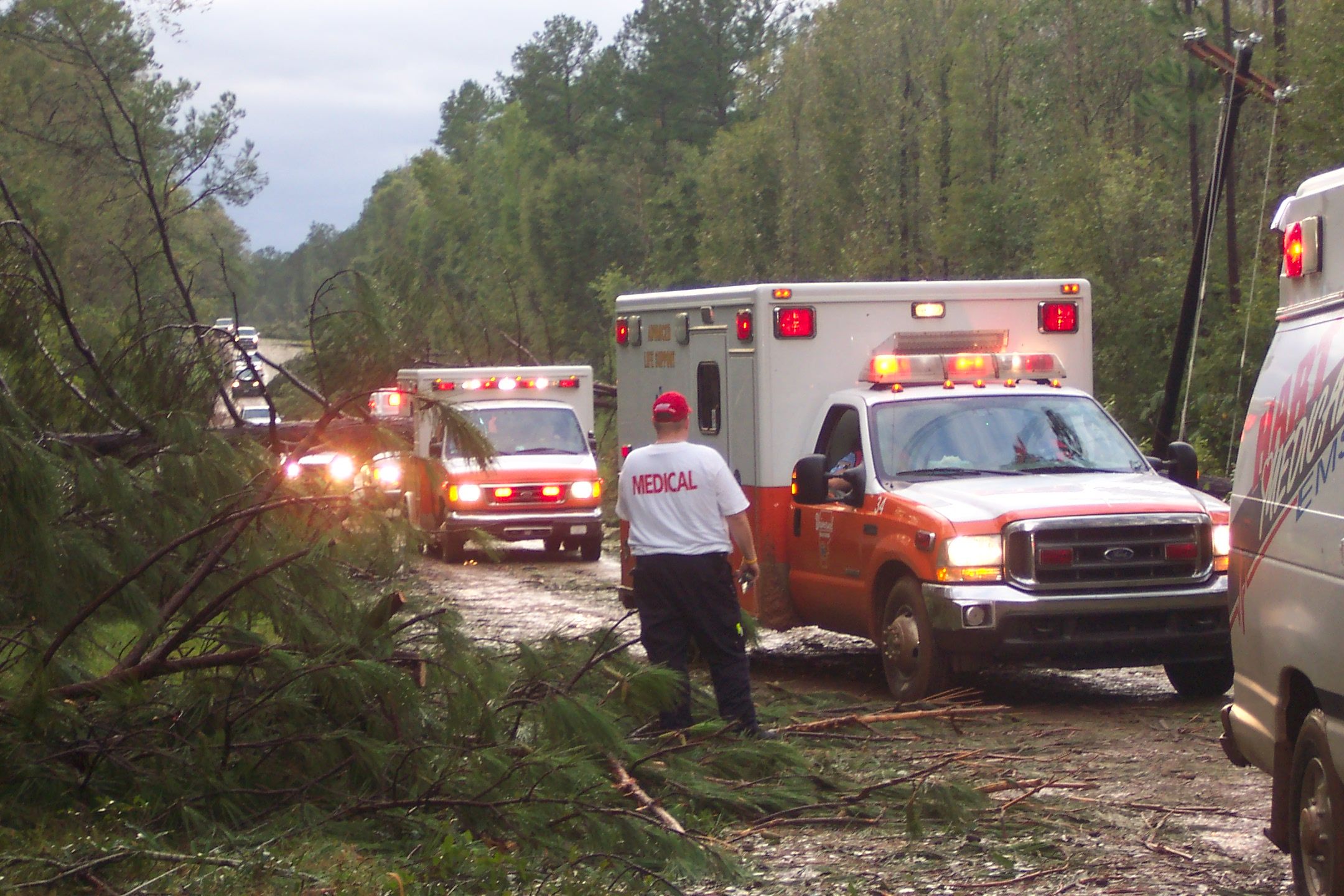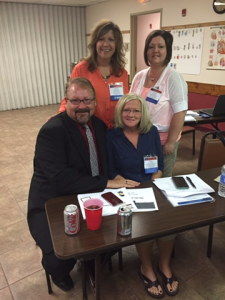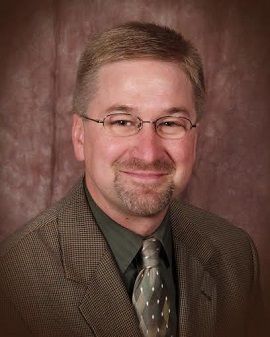Spotlight: Kathy Lester
Kathy Lester, MPH, JD
Washington, DC
Healthcare Consultant to AAA
Tell us a little about yourself, please.
I am from Indianapolis, Indiana. I graduated from Warren Central High School, best known for being the high school of Jane Pauley and Jeff George. My undergraduate degree is from DePauw University. I had a double major in biology and English literature, with a minor in violin performance. I also loved philosophy and political science course and was the editor-in-chief of the college newspaper. I received my JD from Georgetown University Law Center and my Master of Public Health (MPH) from The Johns Hopkins School of Public Health and Hygiene, now known as the Bloomberg School of Public Health.
After law school, I clerked on for The Honorable Michael S. Kanne on the U.S. Court of Appeals for the Seventh Circuit. I have also worked in all three branches of government. In addition to the courts, I worked on the Hill for Sen. Richard G. Lugar (R-IN) and in the General Counsel’s Office at the Department of Health and Human Services.
My husband and I met while both working for Senator Lugar. He retired from the Senate after 20+ years. We have two children and are trying to succeed in having tropical fish survive for more than a few months.
When and how did you get involved with AAA?
I began working with the AAA several years ago when we began developed recommendations for a quality program. I believe my first meeting with the group was in Las Vegas.
How do you help AAA?
Currently, I assist on the public policy issues. This includes working with the Congress to protect the add-ons, as well as develop payment reforms to create stability for Medicare rates. I help to draft materials for the Hill and legislative language. As part of this effort, I help with developing more comprehensive Medicare reform recommendations. I also assist with the regulatory agenda and engage with Centers for Medicare and Medicaid Services (CMS) and other federal agencies. In addition, I continue to work on quality structural and measurement issues.
What is your typical day like?
Unpredictable and fun! My days vary greatly. I can find myself on the Hill or driving to Baltimore to meet with CMS. I also spend a lot of time talking with AAA members and the staff team.
What are the biggest challenges you foresee for our industry?Any tips or last thoughts?
[quote_right]
It is more important than ever to understand the cost of services and to be able to articulate why these services are necessary.
[/quote_left]All of healthcare is at a crossroads. While federal policymakers have successfully reduced spending in the Medicare program, the focus for the foreseeable future will be how to reduce the cost of providing services. It is more important than ever to understand the cost of services and to be able to articulate why these services are necessary.
For ambulance providers and suppliers in particular, there is great promise in the innovative payment models, because they would most likely recognize the high quality of health care services provided by ambulance providers and suppliers. However, there is also the potential that ambulance services could become subordinate to larger provider organizations. As this debate unfolds, it is critically important that data drive any reforms and that the industry look carefully at how programs such as value-based purchasing, the Medicare quality reporting programs (facility compare websites and the five star rating programs), and coordinated/integrated care models have worked for other Medicare providers. At the end of the day, ambulance providers and suppliers need to understand their care and cost models and articulate use these data points to develop meaningful and sustainable reform options.



 After high school I joined the U.S. Navy as a mechanical calibration technician for nuclear powered submarines. After getting out of the service, I eventually found myself looking for a solid career. I always had an interest in medicine, so a friend of mine who was an EMT helped me get into EMT school. I have been involved in EMS since then, eventually earning my certification as a Paramedic. I just celebrated my 23rd year in EMS.
After high school I joined the U.S. Navy as a mechanical calibration technician for nuclear powered submarines. After getting out of the service, I eventually found myself looking for a solid career. I always had an interest in medicine, so a friend of mine who was an EMT helped me get into EMT school. I have been involved in EMS since then, eventually earning my certification as a Paramedic. I just celebrated my 23rd year in EMS.


 What do you enjoy most about your job?
What do you enjoy most about your job?
